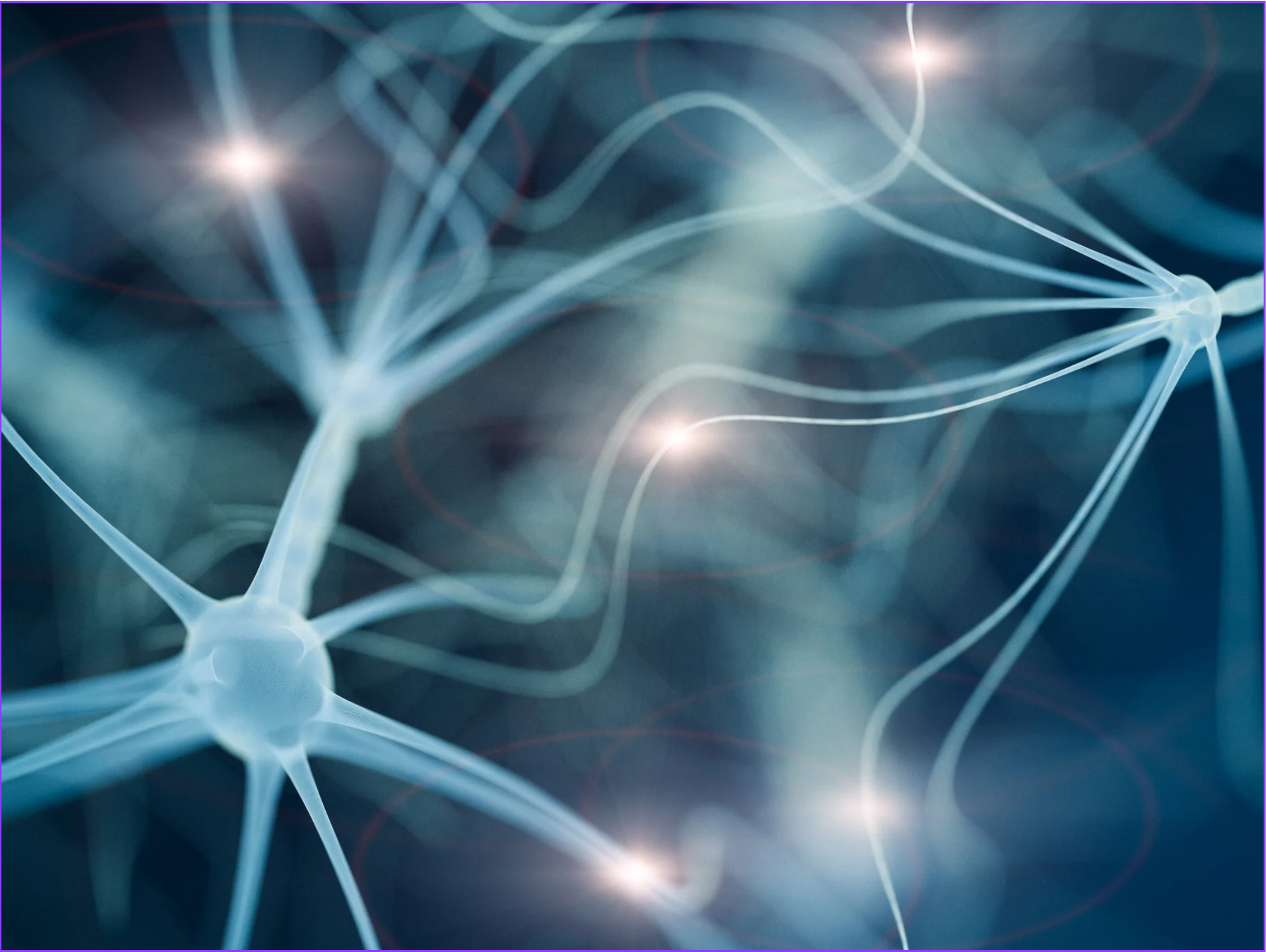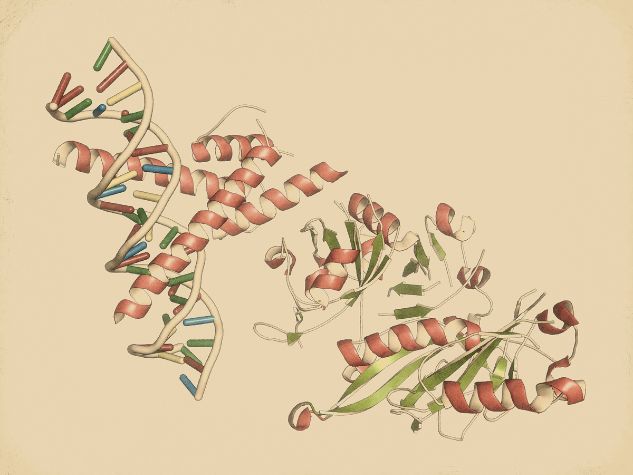Down Syndrome and Alzheimer’s Disease
Nowadays, people live longer. This presents us with new needs but also new opportunities. We now know that in people with Down syndrome, their life expectancy is primarily limited by the onset of Alzheimer’s disease. This disease causes a progressive deterioration in communication between neurons, weakening their structures and leading to symptoms such as memory loss, disorientation, changes in daily functioning, and behavior. However, each person is unique, and the way they present and experience this disease can be different. In this process, the skills and autonomy previously acquired will be very important. Knowing what changes may appear at this stage to plan and enjoy life as much as possible will be fundamental.
The current life expectancy for people with Down syndrome is about 65 years, but each person is unique, and their life trajectory can greatly influence this stage. People with Down syndrome have particular biological characteristics caused by their extra chromosome, which will lead to changes that are important to recognize. The changes at this stage can occur at different levels:
Behavioral and Emotional Changes
The first changes that may appear are behavioral and emotional. Previous traits such as the need for routines, resistance to change, increased frustration, or difficulties in self-regulation, among others, become more intense. People with Down syndrome often exhibit a specific behavioral and emotional profile that can complicate the early identification of Alzheimer’s symptoms. For example, they may become more withdrawn or show increased irritability. Additionally, it is common to observe greater emotional dependence and a search for security in their family and familiar environment.
Physiological Changes
In the physiological realm, there is a higher prevalence of certain health problems, for which it is recommended to carry out structured health plans that allow for early detection, appropriate treatment, and follow-up. People with Down syndrome are at elevated risk for heart disease, thyroid problems, and immune disorders, which can further complicate their condition when Alzheimer’s develops. Regular medical check-ups and rigorous monitoring of their overall health status are essential to manage these conditions effectively.
Cognitive Changes
Special mention should be made of the changes that occur at the cognitive level: memory alterations, reduced attention capacity, forgetfulness in routines, and greater difficulty in performing executive functions, among others. Their deterioration may be more accelerated due to factors such as Alzheimer’s disease or chronic depression. Most people with Down syndrome show symptoms of Alzheimer’s disease between the ages of 40 and 60. Alzheimer’s disease affects the brain and progresses slowly over decades, gradually damaging its structures. In the case of people with Down syndrome, diagnosis is more complex, and in many cases, early symptoms may go unnoticed.
Early symptoms can include occasional forgetfulness, difficulty learning new things, lack of attention or distraction, mood changes, etc. As the disease progresses, we encounter memory loss, difficulties in basic activities such as eating, sleeping, and bladder control, difficulties in performing daily activities such as mobility, hygiene, or communication. Additionally, we may encounter changes in their behavior, mood, and irritability, which can create complex situations that need to be managed. These changes are typical of the disease. Understanding this and having appropriate guidelines and support can be very helpful in daily life.
Support and Management Strategies
To better manage these changes, it is crucial to establish a strong support network that includes family members, caregivers, and healthcare professionals. Training caregivers in the management of Alzheimer’s, especially in the context of Down syndrome, can significantly improve the affected individual’s quality of life. Strategies such as maintaining a structured daily routine, using visual aids to reinforce memory, and simplifying daily tasks can be very effective. Additionally, it is essential to encourage activities that cognitively stimulate the person, such as memory games, reading, and social activities.
Importance of Research and Scientific Advances
Research at the intersection of Down syndrome and Alzheimer’s is constantly evolving. Better understanding the biological and genetic bases of this relationship can lead to more effective treatments and preventive approaches. It has been observed that the presence of beta-amyloid protein, common in Alzheimer’s, is more prevalent and deposits earlier in people with Down syndrome. This has led to increased focus on developing treatments specifically targeted at this population.
Multidisciplinary Approach
Addressing Down syndrome and Alzheimer’s disease requires a multidisciplinary approach that includes neurologists, psychiatrists, occupational therapists, physiotherapists, and social workers. This team can work together to create a personalized care plan that addresses the specific needs of the individual. Collaboration among different professionals ensures that all aspects of the patient’s health and well-being are addressed, from managing physical symptoms to providing emotional and social support.
The increase in life expectancy for people with Down syndrome has brought new challenges, especially concerning Alzheimer’s disease. Despite these challenges, it is possible to improve the quality of life for these individuals through a combination of appropriate medical care, emotional support, and personalized strategies for managing the disease. Research continues to play a crucial role in understanding and treating this complex intersection of conditions, offering hope for a future with better outcomes for all affected.
The key lies in preparation, understanding, and continuous support. By educating ourselves about the changes that can occur and providing a comprehensive support environment, we can help people with Down syndrome live a full and meaningful life, even when facing the adversity of Alzheimer’s. The combination of medical advances, support strategies, and an empathetic approach can make a significant difference in the quality of life for these individuals and their families.
















